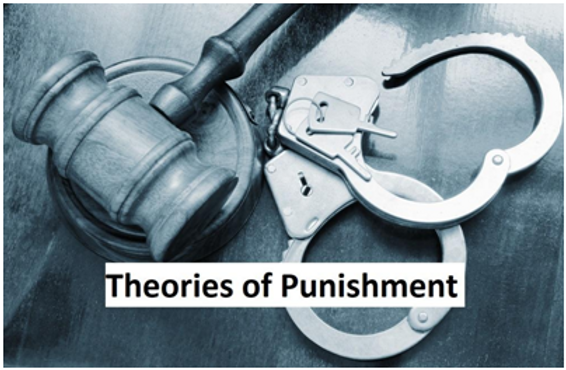Criminal justice theories: punishment as a deterrent to crime
Jun 13, 2023
This paper discusses the concept of punishment as a deterrent to crime, and how this is used in criminal justice theories. It looks at the history, evolution and modern application of these approaches from both an academic and practical perspective.
The focus of this paper will be on the impact that punishments have had on crime rates throughout human history. We'll look into different forms of punishment, such as fines, incarceration, capital punishment and other less severe methods such as community service or rehabilitation programs. Additionally, we'll examine research that studies how effective punishments are at deterring potential offenders from committing crimes.

Criminal Justice theory has long been rooted in the notion that punishment is an effective deterrent to crime. This has been a mainstay in many societies throughout history, and can be seen as far back as the Ancient Greeks and Romans who used exile or corporal punishment for serious offenses such as murder. In modern times, punishments have become more sophisticated with various forms of incarceration and fines being commonplace.
Successful punishment means that it is severe enough to deter potential criminals, but not so harsh that society views it as inhumane. It's also important for punishments to be applied fairly and consistently across all members of society regardless of social standing, race or gender.
There are different forms of punishment used in criminal justice theory, including retribution (often seen as a form of revenge for the harm caused by crime), deterrence (intended to prevent future crimes) and rehabilitation (aimed at helping criminals to reform their behavior). Many countries have adopted a mix of these approaches in order to create an effective system.
The effectiveness of punishments as deterrents is often difficult to measure. In some cases, the fear of punishment might be enough to deter potential offenders from committing a crime. However, research has also shown that certain types of punishments can actually increase the likelihood of criminal activity in certain cases.
